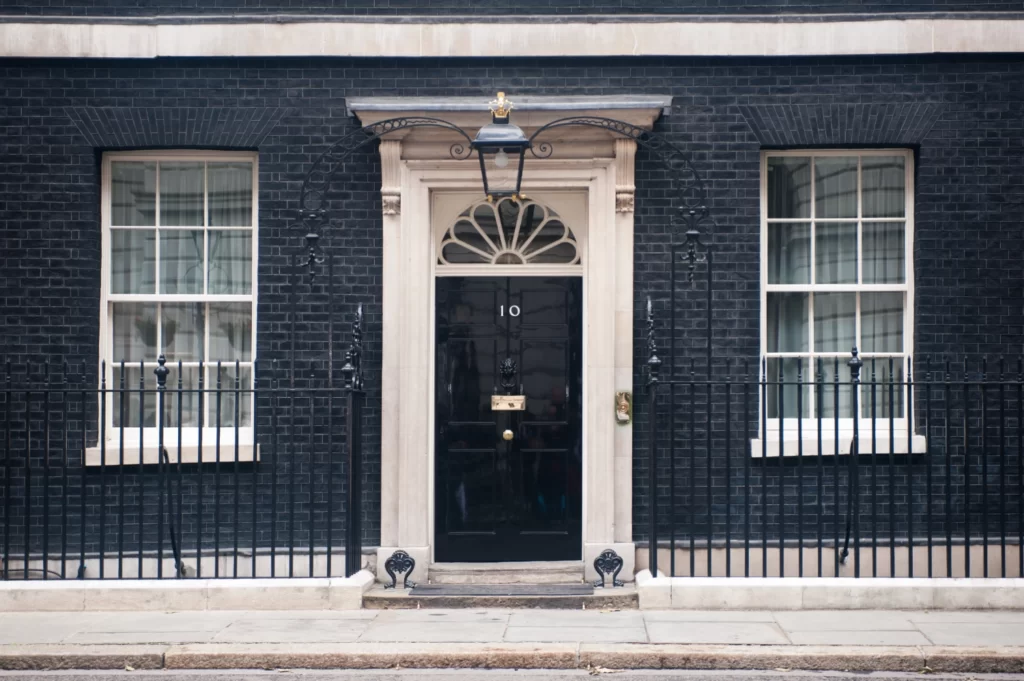The Autumn Statement was announced by Jeremy Hunt on November 17 2022 and outlined the UK government’s plans for the coming years to balance the books and attempt to kick-start growth in the economy. You might be thinking beyond the headlines what does it all mean for you as a business owner?
Blog Contents:
show
Key Takeaways:
- Tax allowances have been frozen until 2028.
- Top rate tax threshold lowered.
- Stamp duty holiday to end in March 2025.
- Dividend allowance cut over two years.
- The National Insurance Contributions threshold is frozen.
- National Living Wage Increase.
- Employment allowance for companies is staying at £5k
- VAT threshold will continue at £85k up to 2026
Changes To Tax Allowances
Whilst there have been no changes to the lower end of the tax thresholds, there have been changes announced to higher-rate taxpayers. This means that the tax allowances are now as follows:
- £0 to £12,570 – 0%
- £12,571 to £50,270 – Basic rate: 20%
- £50,271 to ££125,140 – Higher rate: 40%
- Over £125,141 – Additional rate: 45%
The only tax band to be affected is the higher rate which has been cut from £150,000 to £125,140. This, in effect, means anyone earning around £150,000 a year will be paying an additional £1,200 per year in income tax. These freezes and changes to the personal tax allowance are to be in place until 2028.
Changes To Dividend Allowance
The dividend allowance cuts significantly impact limited company directors, which will see it move gradually from £2,000 a year to £500 a year over the next two years. The 2022/23 tax year is not affected, but in the 2023/24 tax year, it will reduce to £1000 per year, a 50% cut, and then in 2024/25, it will halve again to £500 per year.
Capital Gains Tax
The annual allowance for capital gains will be reduced in 2023-24 from £12,300 to £6,000 and again to £3,000 in 2024-25. Much like the dividend allowance, this could hit entrepreneurs and investors harder than other changes announced today.
Electric Cars
If your business has an electric car, you could be in for a big bill in 2025 as the chancellor announced changes to the exception to the emissions tax, aka road tax. Electric cars will then be subject to paying road tax like other vehicles. However, the tax rate is expected to be lower than for other cars. Rises will then be limited to 1% a year for three years.
Energy Prices & Windfall Taxes
The chancellor has recognised the impact that rising energy costs are having on the overall economy and has maintained windfall taxes, meaning from January 1 until March 2028, there will be an increase in the Energy Profits Levy from 25% to 35%. How this will impact the soaring prices that business energy customers are paying remains unclear, but hopefully would prevent any “unnecessary” rises by energy companies deepening the impact on small business owners.
Business Rates
The chancellor addressed the coming business rates reevaluations planned for April 2023, advising that these would still go ahead but was confident that two-thirds of all businesses would still pay no business rates. He went further to announce that a government-funded “transitional relief scheme” would be launched to help those that are impacted.
R&D Tax Credits
The chancellor outlined changes to the R&D tax credits system, announcing, “I have decided today to cut the deduction rate for the SME scheme to 86% and the credit rate to 10% but increase the rate of the separate R&D expenditure credit from 13% to 20%.” This seems to be in response to apparent abuses of the system and to prevent tax rises elsewhere.
Stamp Duty
Stamp duty cuts announced in mini-budget to end March 31, 2025. Stamp Duty will go back to the £125k limit from £200k, and for first-time buyers, it is going back to £300k from £400k in 2025 – adding that “The OBR expects housing activity to slow over the next two years”.
Rob’s Take on the Budget
“Every promise today I first heard 12 years ago when the Tories came to power. ‘Growth, high wages, stability’ – they’ve delivered none of it.
I feel there have been 12 years of failure and wasted opportunities.
There were clear attempts by the chancellor to avoid some of these political decisions being framed as “tax rises.”
Instead, for taxes like income tax and national insurance, he is freezing the threshold at which people start paying certain levels of taxation.
What this means in practice, though, is that if people’s wages go up – but the tax levels stay the same they may not feel as big an impact from that wage rise as they will start paying more taxes.
No doubt you will hear a lot on the news about the autumn statement and find a lot more detail in newsletters or other mailshots you receive. To keep it short and sweet and more relevant to you, in this blog, I have highlighted the key areas that will affect you the most.
If you have any questions or want to call/meet to discuss this further, please feel free to book a meeting using this link.
Worried About The Budget?
If you are a freelancer, run a small business, or are even due to launch a new start-up, and the budget worries you, give the RJF Accounting team a call. We are a dedicated team that can help you navigate this budget and the choppy waters ahead! We provide specialist accounting services that can be tailored to your needs, from bookkeeping to payroll and accounting! We also handle other aspects of your business, from raising finance to investor relations! Call the team today on 0161 5040629 or drop us an email at hello@rjf.uk.com to see if we can help you get your business finances. We are open Monday to Friday, 9 am – 5 pm!

